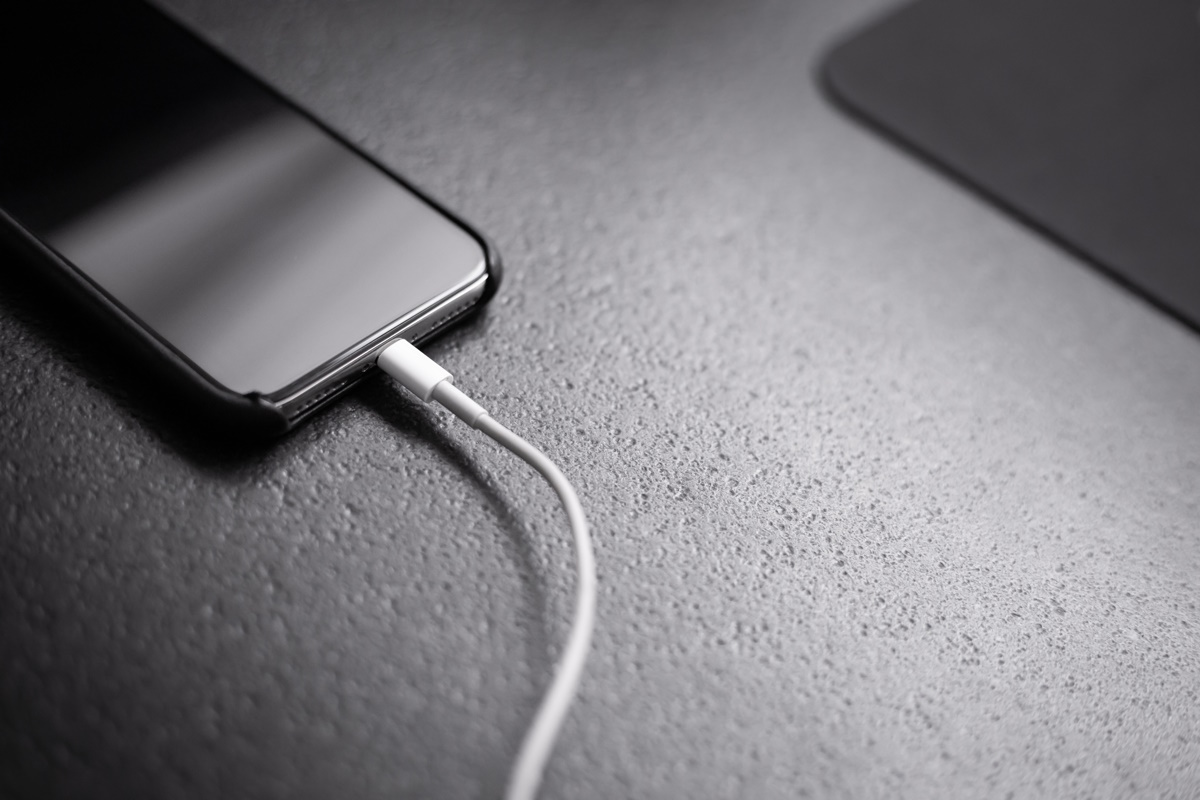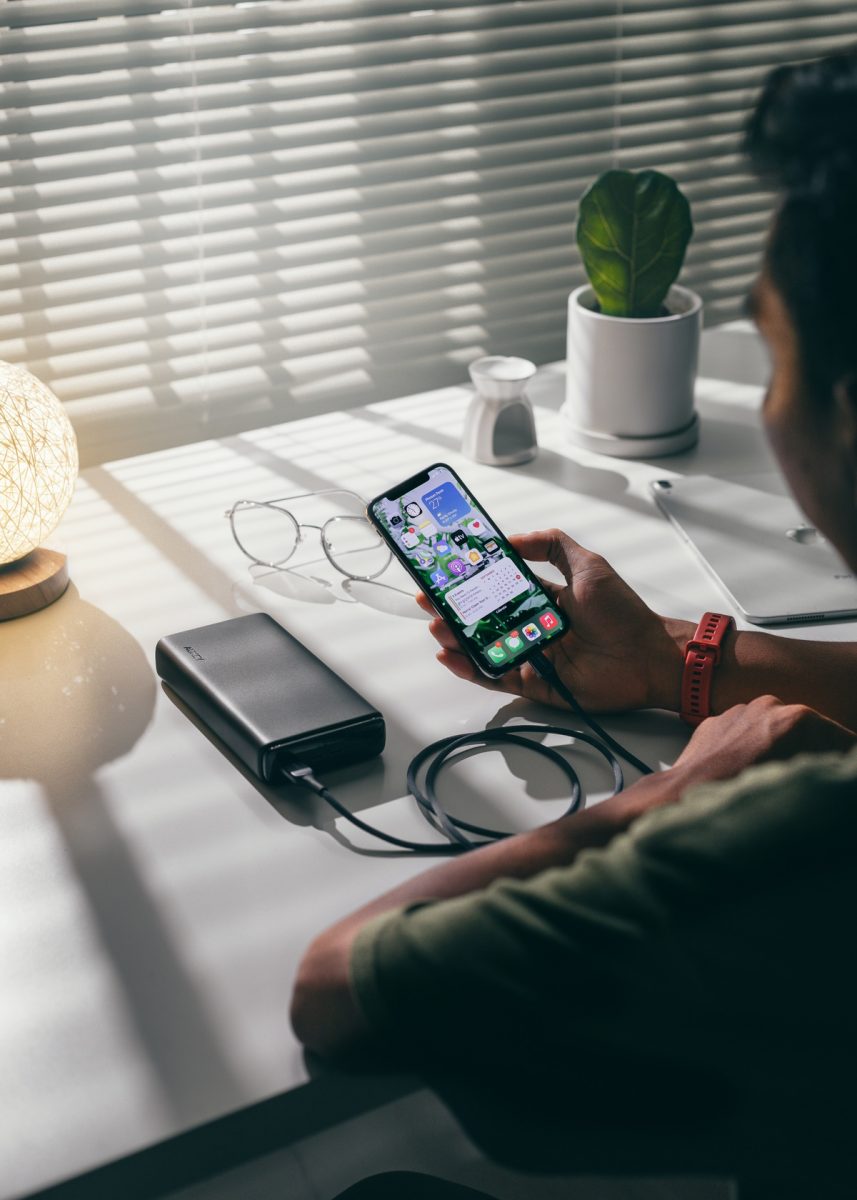FBI warns: avoid public charging stations

The Federal Bureau of Investigation has issued a warning against using public phone and tablet charging stations. Bad actors are using manipulated stations to infect phones and other connected devices with malware.
Free charging stations are common at airports, stations, malls and other public places with lots of traffic. They provide travelers and consumers with a way to recharge their electronic devices, usually free of charge. Some even come with cables attached to the charging station, others require that users bring their own cables to connect to the charging station.
The FBI has published a warning on its FBI Denver Twitter account and on its official website regarding the use of public charging stations.
"Avoid using free charging stations in airports, hotels or shopping centers. Bad actors have figured out ways to use public USB ports to introduce malware and monitoring software onto devices. Carry your own charger and USB cord and use an electrical outlet instead. account and on its website."
The FBI recommends that consumers use their own chargers and USB cords, and connect these to electrical outlets directly.
The FCC published an article on juice jacking back in 2021, that warned consumers about the dangers of using public USB charging stations. It warned that malware, which could be installed using specially prepared public charging stations, could export personals data and passwords among other things.
Some criminals manipulate cables and leave them behind or give them away as promotional gifts.
Other options

The FBI focused its advise on using owned chargers and USB cords. Another option that consumers may have is to use a powerbank. These can be connected directly to the electronic device. Air travel may not allow certain powerbanks though.
Another option that is available is to use cables that are designed for charging only. These cables are available at many electronic retailers, and prevent any other activity, but charging devices.
Most modern phones and tablets have fixed batteries. Older devices may have replaceable batteries, so that batteries could be swapped out, without having to connect to a public charging station or outlet at all. Battery chargers may then be used to charge only the battery, and not the entire device.
Closing Words
Charging-only cables and the use of powerbanks are two of the main options that travelers and others have when it comes to recharging their electronic devices.
Now You: do you use public charging stations?



















The FBI is just jealous that it’s not controlling most of them. Or at least I hope so.
thats why you put your own male/female cable between where everything but the +5V and Ground Pins are cut/disabled. Charging with data pins active … not very smart
I bought a PortaPow USB data blocker years ago (pre-covid) when I saw an article that said “juice hacking” was possible, but that there hadn’t been any known cases. At that time, though, USB charging wasn’t as ubiquitous as it is now, so I hadn’t used it. I will now.
What about cables and chargers that one buys online or in a store? Is there any way to find out if those devices have been tempered with?